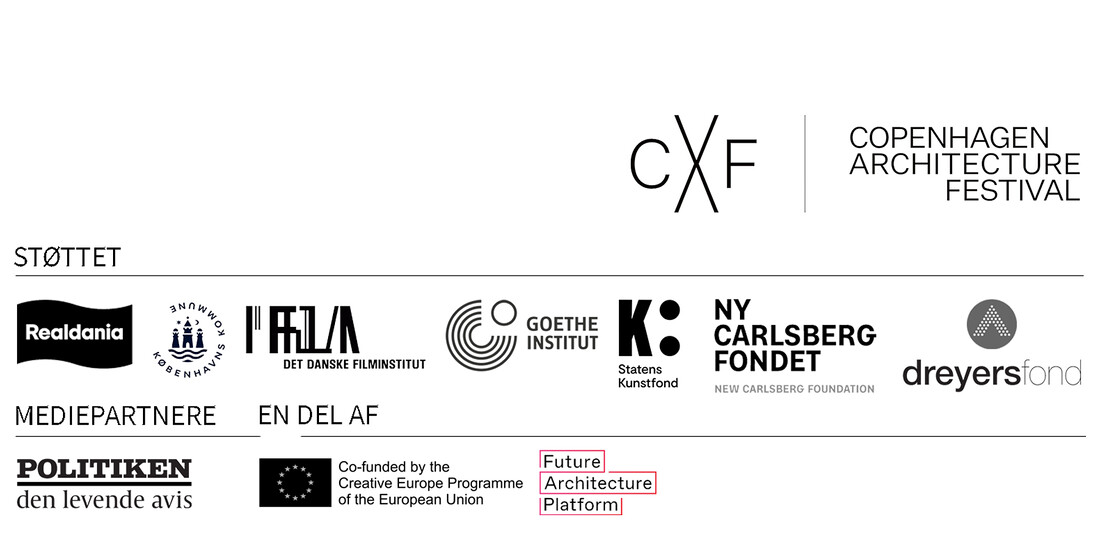Soft Agency curates a journal collection on the notion of care
This year’s edition of Copenhagen Architecture Festival (CAFx) features 11 days of exhibitions, film screenings, debates and much more, dedicated to the practice of care in architecture and urban planning. Through these events, the theme Landscapes of Care will be articulated primarily in terms of care for individual and collective health, care for the urban commons as social practice, and care for the environment’s sustainment. The goal is to invite both experts and non-professionals to join the conversation around these topics.
In the making of CAFx2021, Soft Agency has been commissioned to contribute with some material to open up this conversation and help develop an understanding of the notion of care and of its potential in relation to architecture and urban space. The collaboration has resulted in the publication of six articles on the CAFx Journal curated in the collection CAFx Soft Agency.
The writings by Soft Agency speak to the theme “Landscapes of Care” and broaden it from both a thematic and methodological perspective. To learn more about Soft Agency’s coming into being and its practice in relation to feminist thinking and architecture, CAFx asked them a set of questions that are answered in the article entitled “Interview.” In the second entry of the collection, “Methodologies of Softness,” Soft Agency situates itself within specific feminist traditions of thought and research, and delves into the particularities of its fluid methodological approach. Following the methods essay, Soft Agency have composed “Landscape of Terms: Expanding a Lexicon,” a loose glossary of quotes that ground and inspire their work around the term care. The Landscape of Terms is also available as a poster that can be downloaded for free on the CAFx Journal. Furthermore, the collection includes three case-studies: Floating University in Berlin, Zakole in Warsaw and Lago ex-SNIA in Rome. Bridging hydropheminist and decolonial, embodied and more-than-human approaches, these case-studies illustrate how Soft Agency’s ethics and methods manifest in collective urban action.
All articles are available on the Journal collection CAFx Soft Agency. To find more about Copenhagen Architecture Festival visit cafx.dk. The full festival program of CAFx Landscapes of Care will be available online from September 14th.
About CAFx
Born in 2014, Copenhagen Architecture Festival aims at rethinking architecture’s representation and engaging a wide public in the discussion of the impact of architecture on our everyday lives. Every year CAFx invites the public to explore the most topical issues in architecture and urbanism with the contribution of selected experts through a diversified program that includes film screenings, debates, exhibitions, seminars, art performances and guided city walks. The festival’s ambition is to expand the idea of what architecture is, expressing its transformative potential and creating new meetings between disciplines, people and ideas. Material from CAFx is published all year round in the CAFx Journal.
About Soft Agency
Soft Agency is a Berlin-based group of female architects, artists, curators, scholars and writers from different countries working with spatial practices. Recent projects among the many by Soft Agency’s members, carried out individually or collectively, with or without other “soft agents,” are Letters to Joan, a publication on experiences of care throughout the global pandemic; the 2020 symposium Caring at HKW, Berlin; and the Climate Care festival 2021 for theory and practice in the environmental humanities.
Ana Filipovic, Fiona Shipwright, Gilly Karjevsky, Rosario Talevi, Valentina Karga and Teresa Dillon formed Soft Agency to reify the platform they have created over the years through knowledge exchange and collaboration. Their core interests revolve around experimentation with situated feminist methodologies and multispecies approaches, employed to investigate and create spaces and new urban commons. In their practice, this translates into the implementation of care, softness and attentiveness as research strategies, listening and being together as pedagogies, and community-driven counter-hegemonic urban practices as objectives.


